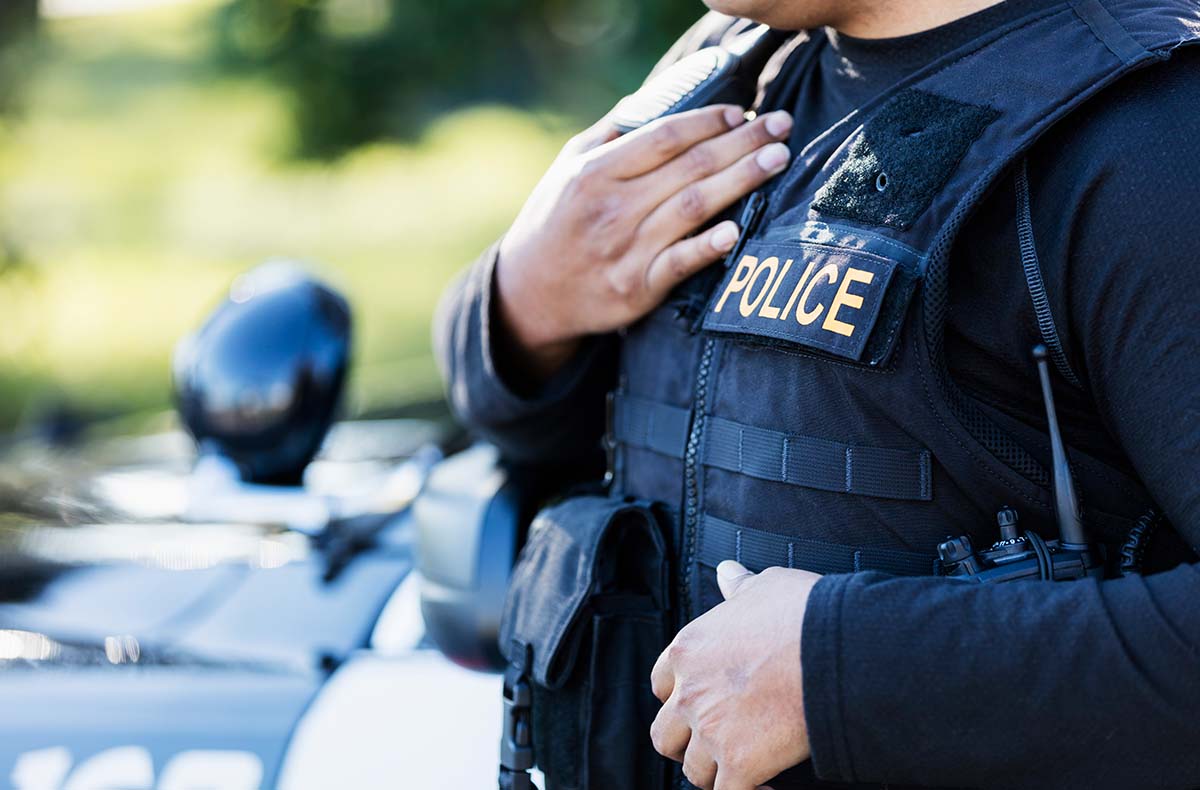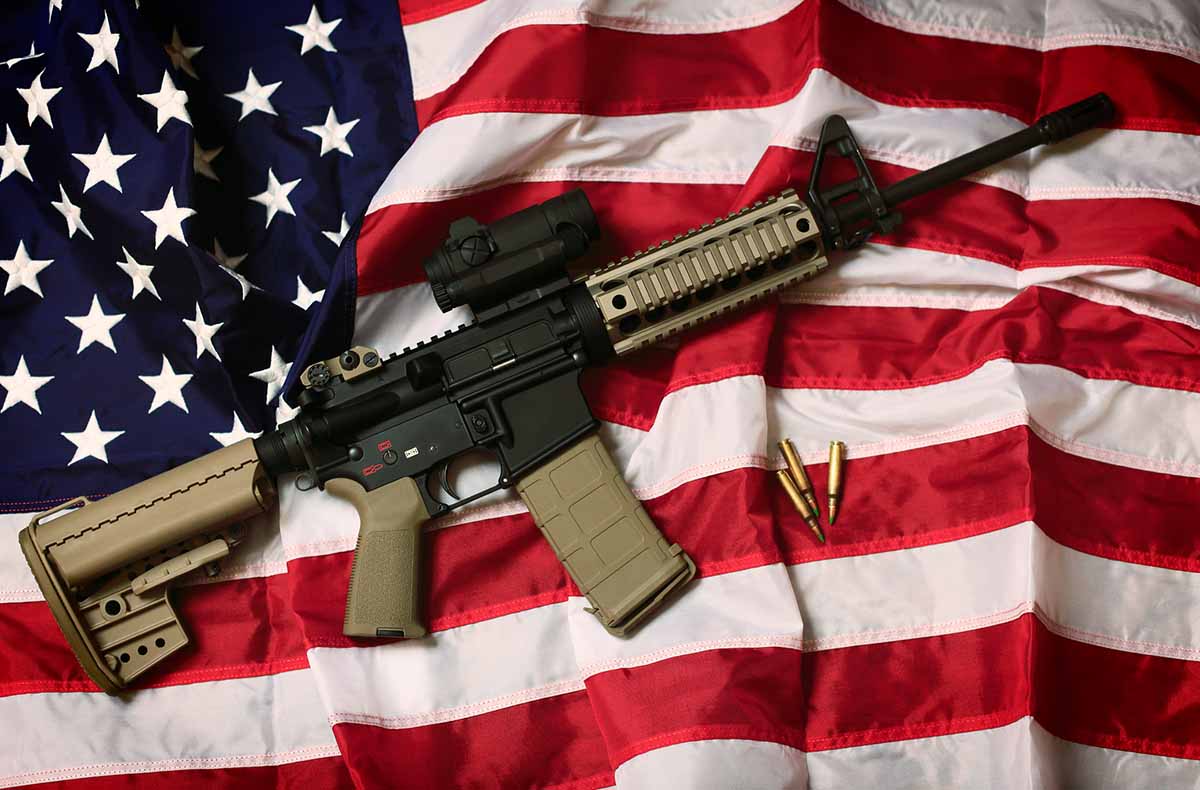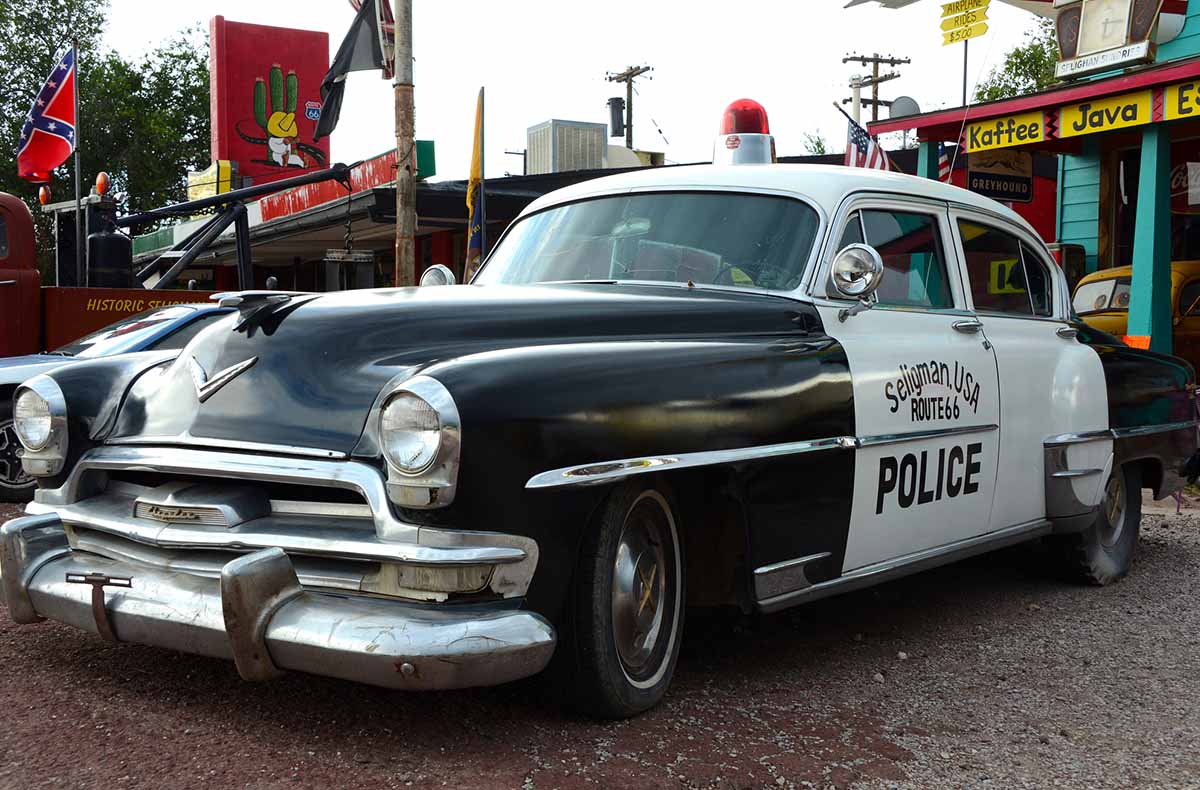
The amount of training that police officers receive in America has been the subject of intense scrutiny and debate—as it should be. Few people realize that our nation’s cops undergo less training than the average cosmetologist. It’s time for a makeover.
I worked as a detective in Beverly Hills, a city with more hairdressers than cops. It’s a place where its residents prioritize beauty over badges. In a city where the visual seems to be valued above all else, it’s not surprising that the stylists on Santa Monica Boulevard often have more training than the cops cruising down Rodeo Drive. Unfortunately, this seems to be a reflection of a larger societal trend in which hair styling is given more importance than law enforcement.
It’s not my intention to disparage hairdressers or their craft. We are grateful for their expertise. These career comb carriers help us look and feel fantastic. However, unlike our boys in blue, they typically don’t encounter life-or-death situations—although one particular nail technician nearly fainted when I removed my socks for a mani-pedi after a 12-hour shift. But that’s a tale for another time.
Police officers are tasked with upholding and serving their communities while risking their lives, yet in most states, they only receive about 600 hours of training before hitting the streets, compared to 2,000 for cosmetologists. Come on! That’s more than three times the training for waxes and weaves versus for badges and batons.
As a seasoned law enforcer with a splash of salon experience, I’m left scratching my head by this training hours mismatch. Even more mind-boggling? This glaring difference between beauty gurus and crime fighters has flown under the radar. It’s time to shine a spotlight on this issue.
So how do we give America’s cops a makeover?
Invest in deliberate and focused training
The Institute for Criminal Justice Training Reform scoped out police training in 80 different countries. And guess what? The ‘good ol’ USA’ spends less time on training than all but two countries—Iraq and Afghanistan.
Now, let’s zoom in on Georgia. Want to be a cop? No sweat. Just clock in 400 hours and you’re good to go. But hold up, aspiring barbers? You’ll need to dedicate a whopping 1,500 hours to master the art of snipping and styling those luscious locks. That’s right. It takes 3½ times more training to wield a pair of scissors than to carry a gun or potentially strip someone of their freedom. Talk about a hairy situation.
I began my law enforcement career with the Los Angeles County Sheriff’s Department. Although the academy has evolved since I graduated, most academies across the country still channel the energy of military boot camps. My instructors were former Marine Corps drill sergeants.
Fast forward to today. The curriculum is still jam-packed with firearm instruction, self-defense skills, physical fitness, and, in my case, a generous helping of getting yelled at. But hey, times are changing, academies have introduced a dash of diversity training, a sprinkle of de-escalation training and—on average—an hour of community-based policing education.
One hour. Seriously?
We need more. The law enforcement world has turned into a one-stop shop for tackling every problem under the sun. Cops don’t just fight crime anymore—they’re the go-to superheroes for any community crisis. That’s where community-based training swoops in, teaching officers how to build trust, forge relationships, tackle mental health issues and know exactly who to call when they need backup.
When we give this approach a try, it turns out we can tackle many of these challenges without resorting to fisticuffs, throwing folks behind bars or punishment. So, let’s get the ball rolling with a community-based police education makeover. With a deliberate and focused approach, we can take that first step toward transforming the way our officers serve and protect by resolving conflicts and promoting positive change through constructive dialogue, empathy and understanding, rather than using force or coercion.
Invest in higher education
Compensate our scholarly officers. Research shows that police officers boasting a bachelor’s degree or higher tend to be more composed and cool-headed and are less prone to using excessive force or finding themselves facing accusations of misconduct. Instead, these academically accomplished officers excel at de-escalating heated situations and demonstrating superior conflict resolution skills compared to those with a high school diploma.
Studies support this. In one fascinating research project, officers with college degrees received fewer complaints from the public, faced fewer disciplinary actions and were less likely to have sustained complaints lodged against them.
Rewind to a 2000 study on community policing and the trend holds. Officers with college degrees were more inclined to build bridges and keep the peace through community-policing strategies. Meanwhile, those with a high school diploma were more inclined to implement an aggressive enforcement approach. So, let’s reward our learned law enforcers for their wisdom and restraint.
Being a police officer is certainly no day at the spa. They have to be ready to handle any situation that comes their way. From chasing down suspects to rescuing dogs and cats, they need to have a variety of tools and techniques at their disposal.
Just like cosmetologists, who have to master the art of coloring, cutting and facials, police officers also need specialized training to become experts in their craft. With this comprehensive training, officers can have a variety of services, options and skills that they can use to enhance their success rates when responding to calls.
Ultimately, this will lead to safer communities and more effective policing. What do you say?
Are America’s cops ready for that makeover?


